On the afternoon of March 29, in Hai Phong, the Ministry of Education and Training held a policy consultation seminar on the development of the Law on Higher Education (GDĐH) and the Law on Vocational Education (GDNN).
In fact, after many years of implementation, the Law on Higher Education and the Law on Vocational Education have brought about positive changes in the training of qualified human resources. However, in the new context with increasing requirements for international integration, digital transformation, university autonomy, and system interconnection, there are many problems that need to be reviewed, evaluated, and adjusted promptly.
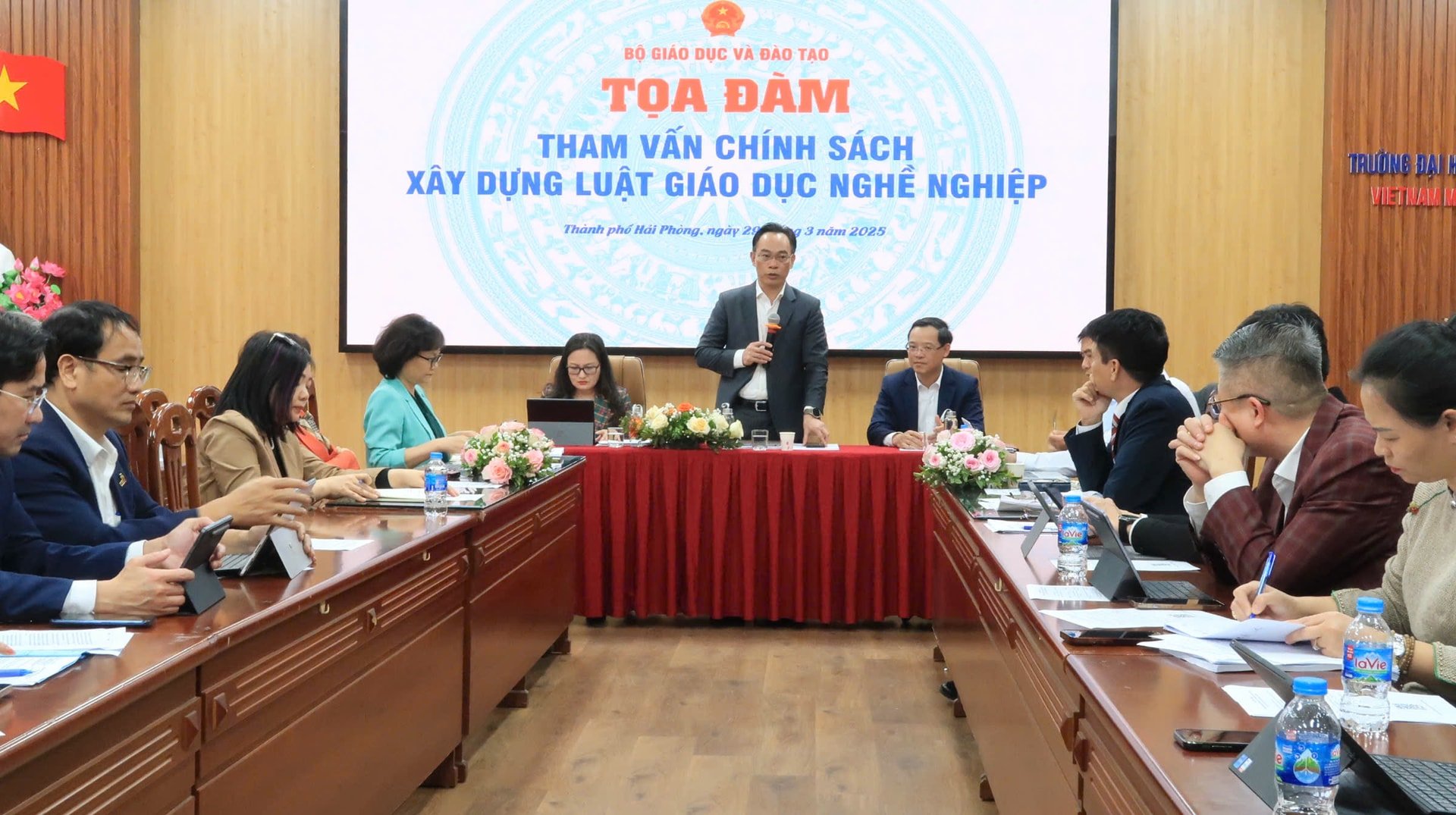
On that basis, in 2024, the Ministry of Education and Training conducted a summary, evaluation and proposed the Government to introduce two The draft law is included in the plan for building legal documents in 2025, with the goal of submitting it to the National Assembly at the October 2025 session.
At the in-depth discussion session on the Law on Higher Education, the Ministry of Education and Training sought opinions from universities on 20 proposed amendments. Delegates discussed and gave opinions on related policy issues such as: Expanding the scope of the Law on Higher Education; Clearly defining types of higher education institutions, especially private ones, research institutes, and academies; Clarifying the roles and responsibilities of the University Council and principal; Supplementing the legal framework for foreign lecturers and experts....
Among them, the content related to tuition fees received much attention. Many opinions proposed that higher education institutions be autonomous in determining tuition fees, linked to training quality commitments; for public schools, tuition fees should not exceed 50% of average income per capita.
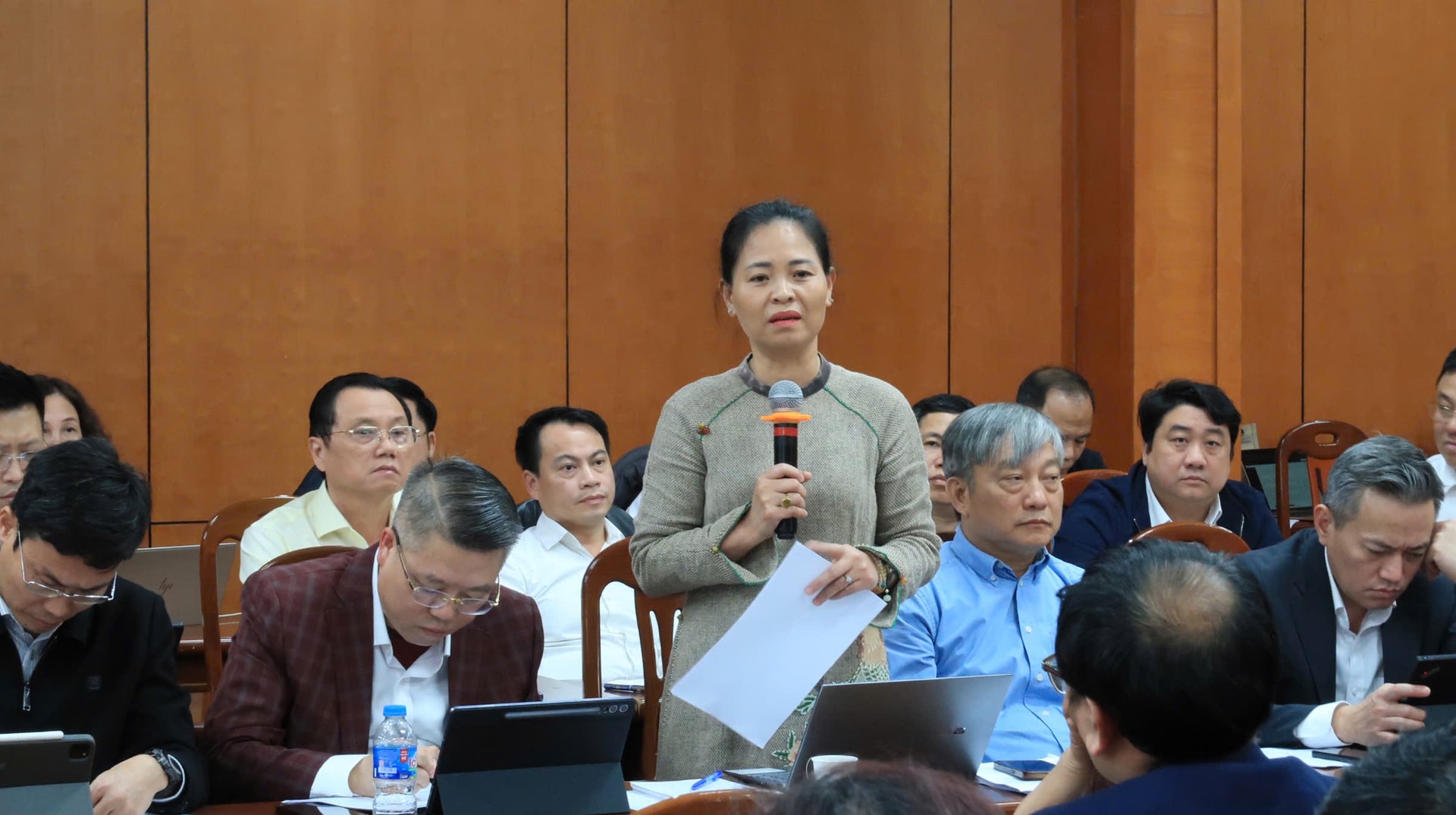
Regarding this issue, the Ministry of Education and Training stated its opinion: Tuition autonomy is part of the university autonomy mechanism and is necessary for schools to improve quality and develop sustainably. However, there should be appropriate limits to avoid financial burdens for learners, especially in public schools. There is currently no principled regulation on tuition fee ceilings compared to people's income.
In addition, at the discussion, many opinions proposed that the Law on Higher Education should clearly stipulate the permission to implement online training, combined training with the value of diplomas if ensuring output standards and quality; a mechanism to allow Vietnamese higher education institutions to provide educational services abroad and have policies to attract international students to study in Vietnam.
Many delegates also proposed policies of not collecting land use fees and exempting land tax for educational institutions; exempting corporate income tax for non-profit schools; tax incentives to encourage private investment in the education sector...
Speaking at the seminar, Deputy Minister Hoang Minh Son emphasized the need to amend and supplement the Law on Higher Education and the Law on Vocational Education in response to the country's development needs. In an open and frank spirit, delegates boldly pointed out "bottlenecks" and focused on analyzing and making initial proposals on mechanisms to supplement and build new policies suitable to actual conditions.
Source: https://daidoanket.vn/de-xuat-nhieu-noi-dung-sua-doi-luat-giao-duc-dai-hoc-va-luat-giao-duc-nghe-nghiep-10302551.html


![[Photo] A brief moment of rest for the rescue force of the Vietnam People's Army](https://vstatic.vietnam.vn/vietnam/resource/IMAGE/2025/4/3/a2c91fa05dc04293a4b64cfd27ed4dbe)
![[Photo] Prime Minister Pham Minh Chinh chairs the first meeting of the Steering Committee on Regional and International Financial Centers](https://vstatic.vietnam.vn/vietnam/resource/IMAGE/2025/4/3/47dc687989d4479d95a1dce4466edd32)

![[Photo] General Secretary To Lam receives Japanese Ambassador to Vietnam Ito Naoki](https://vstatic.vietnam.vn/vietnam/resource/IMAGE/2025/4/3/3a5d233bc09d4928ac9bfed97674be98)
![[Photo] Ho Chi Minh City speeds up sidewalk repair work before April 30 holiday](https://vstatic.vietnam.vn/vietnam/resource/IMAGE/2025/4/3/17f78833a36f4ba5a9bae215703da710)
![[Photo] Prime Minister Pham Minh Chinh chairs meeting after US announces reciprocal tariffs](https://vstatic.vietnam.vn/vietnam/resource/IMAGE/2025/4/3/ee90a2786c0a45d7868de039cef4a712)




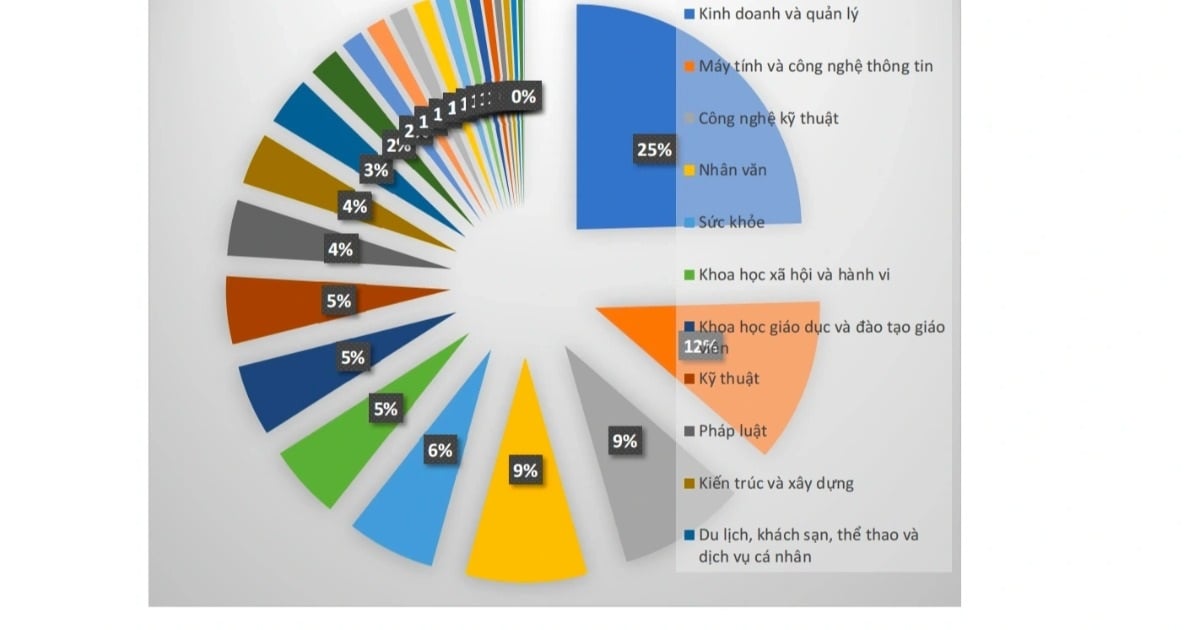

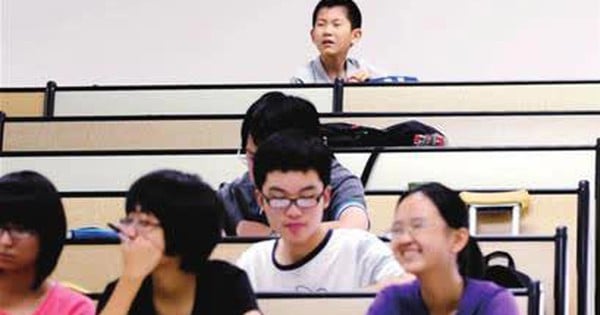




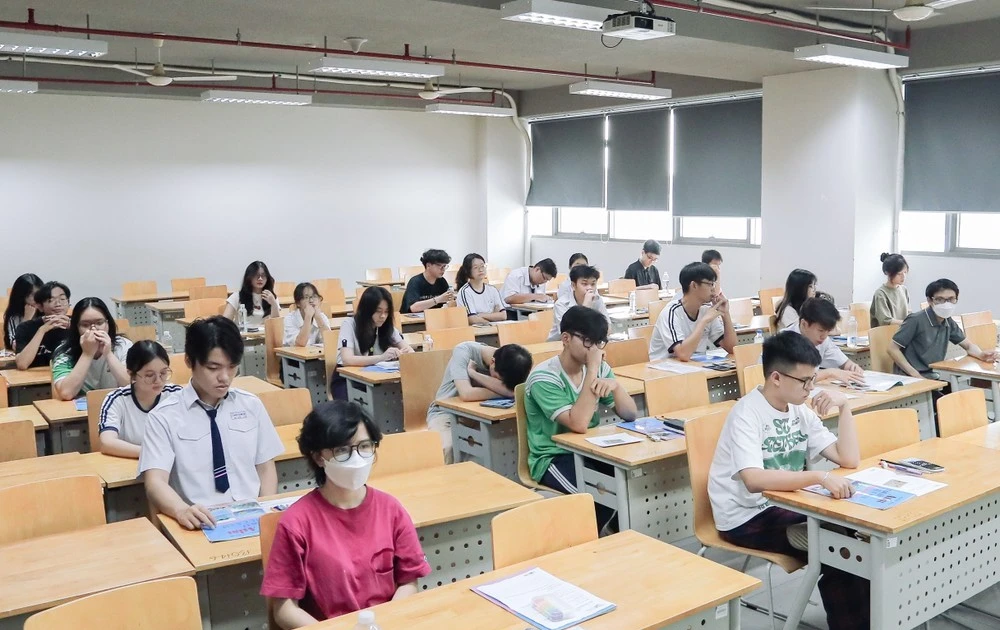
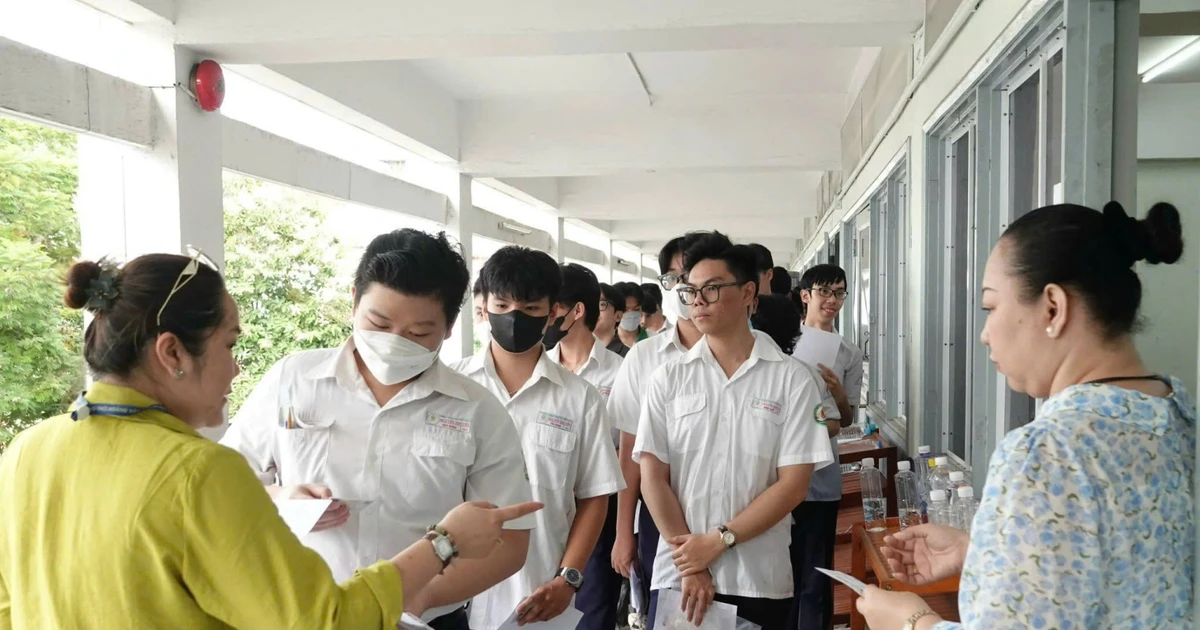

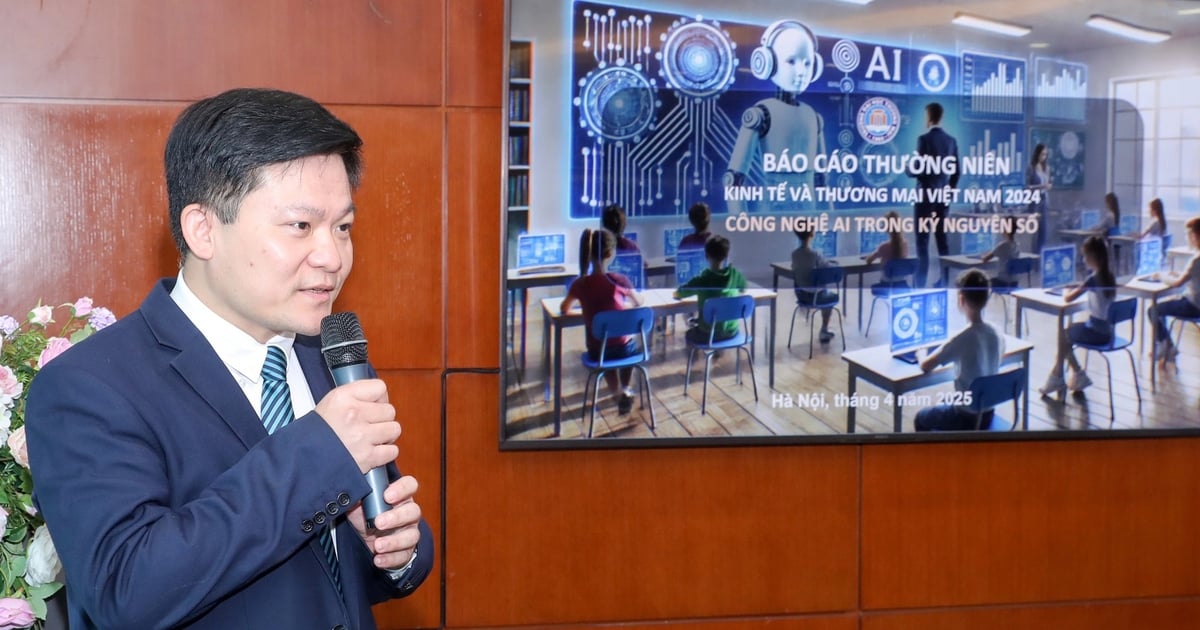

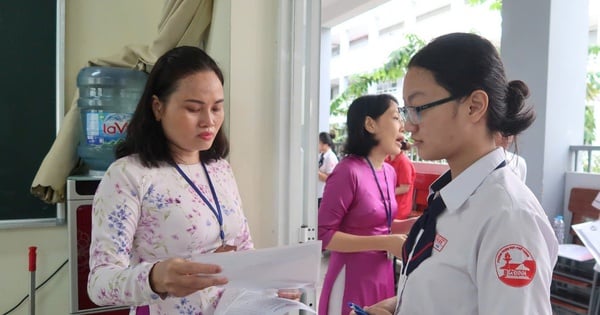




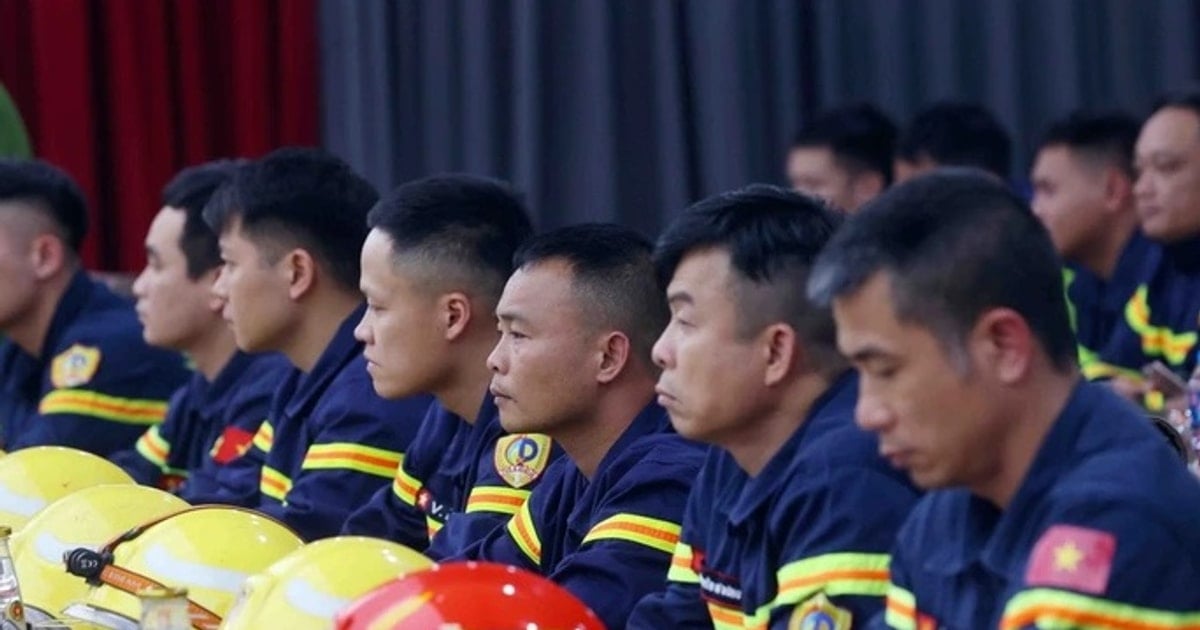
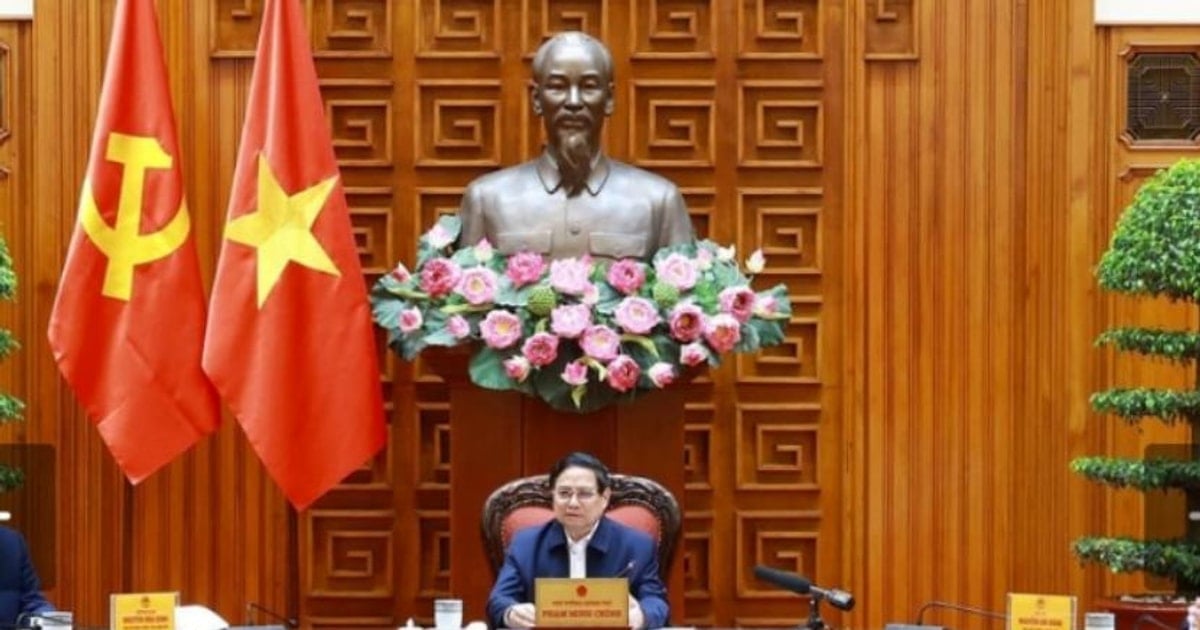
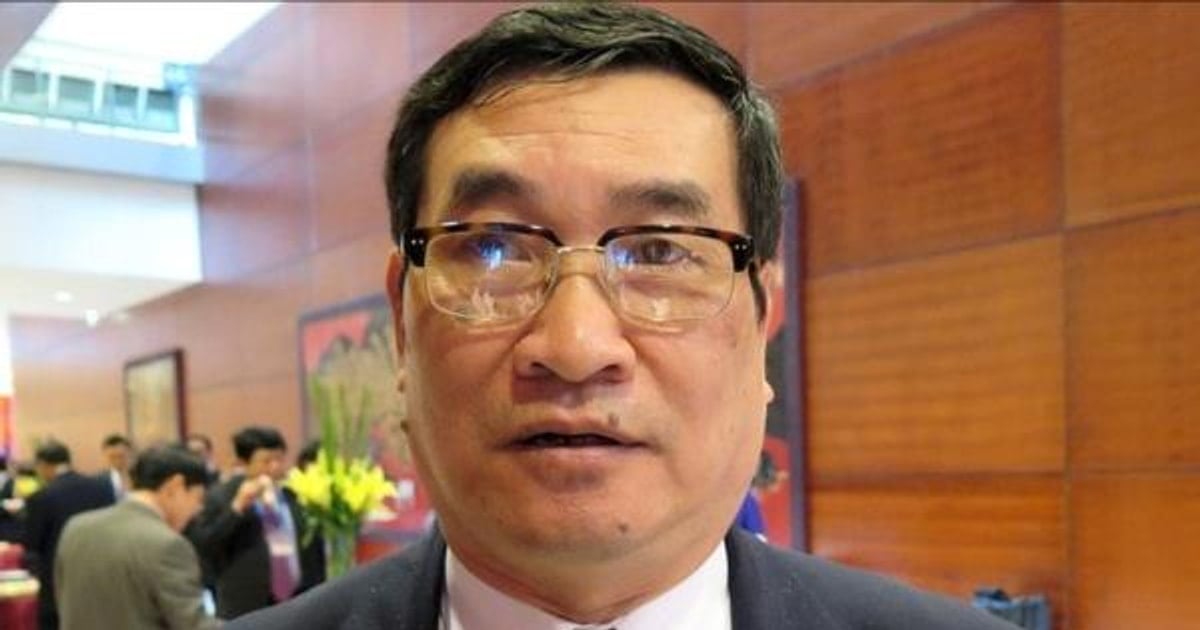
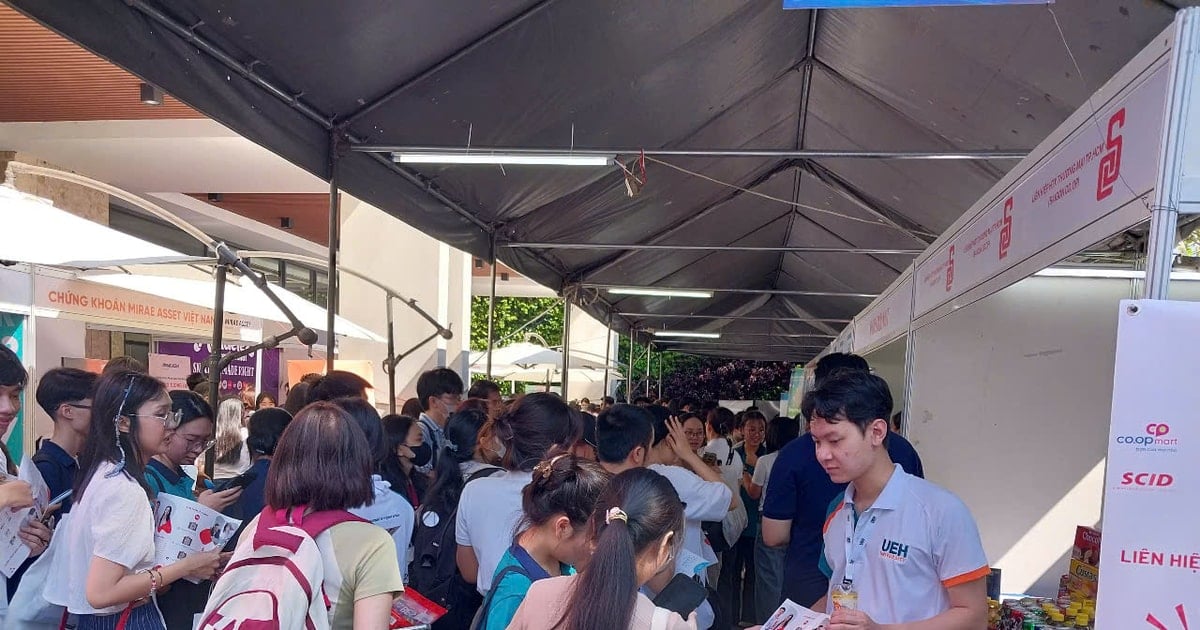
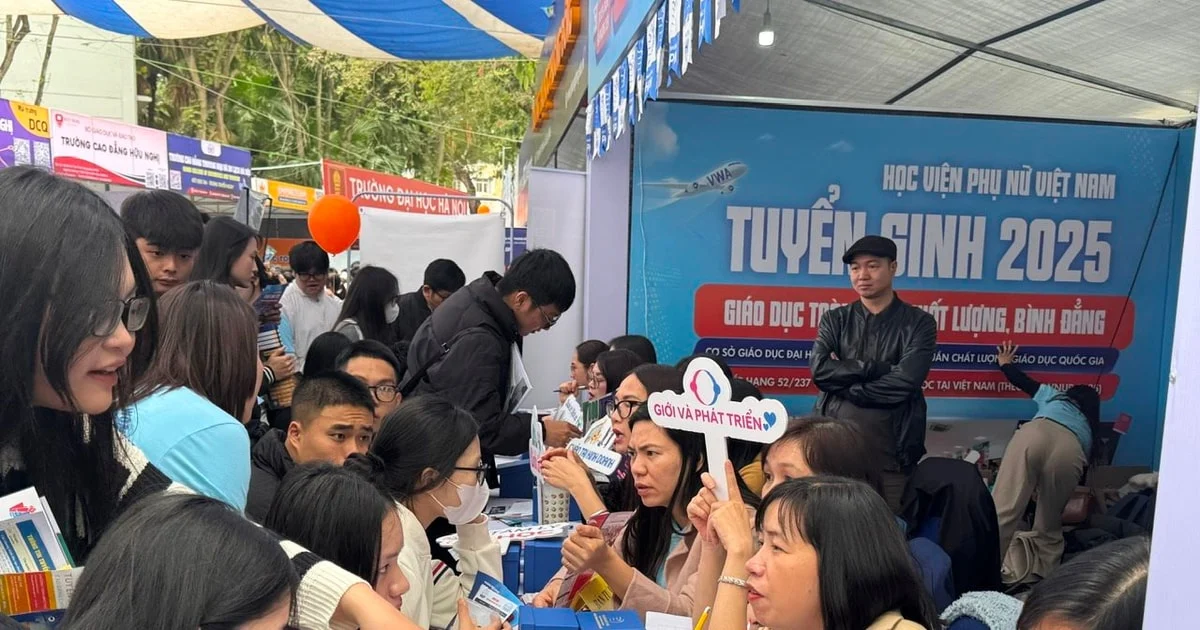
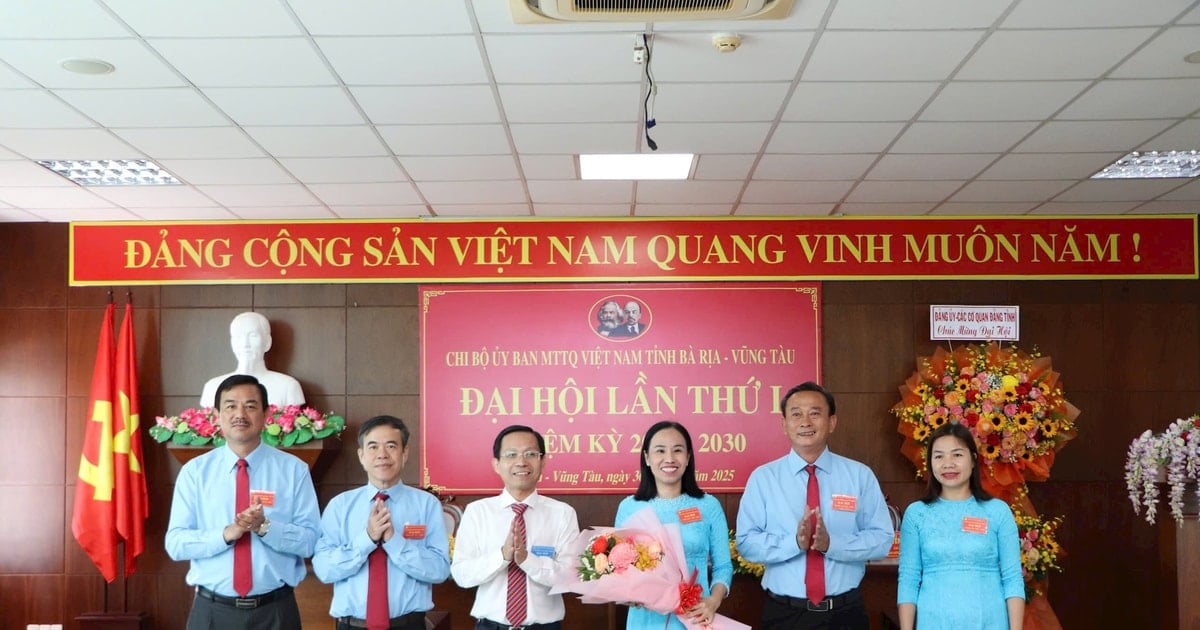


































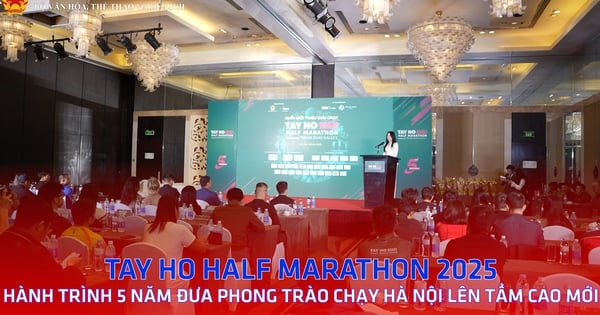







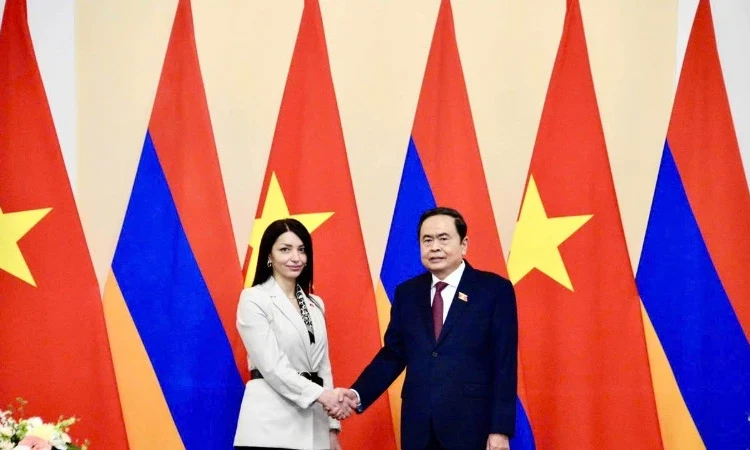
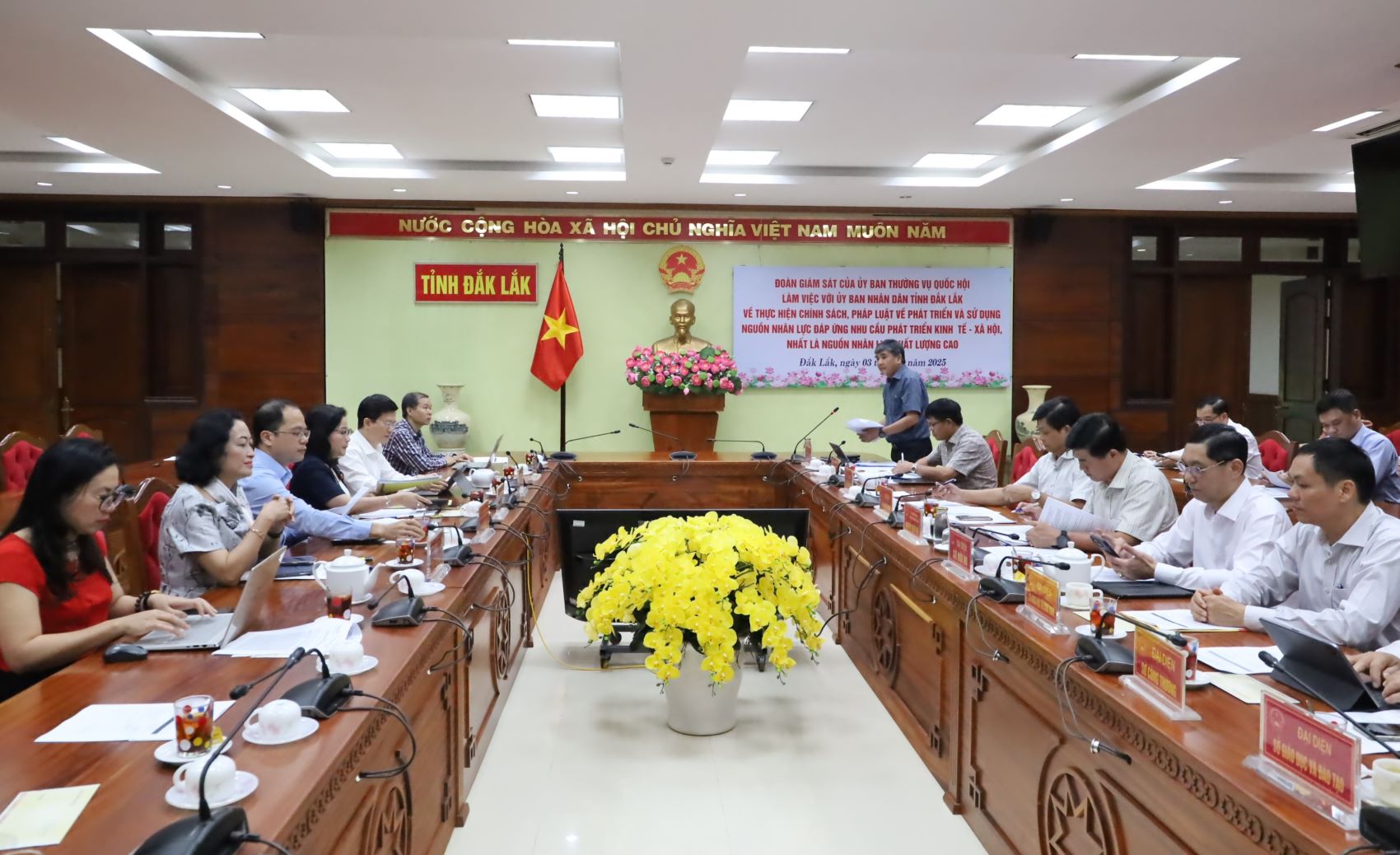
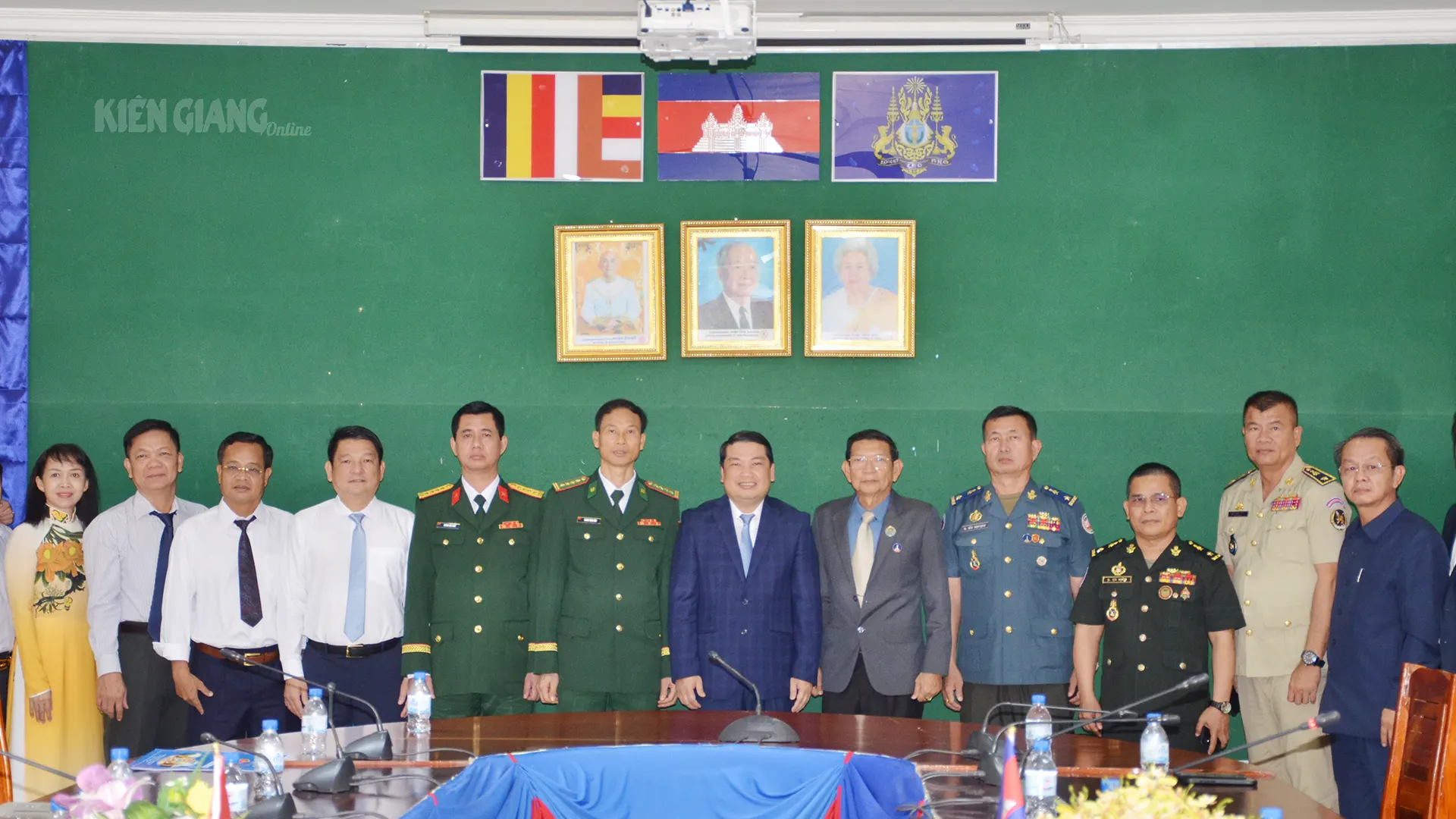
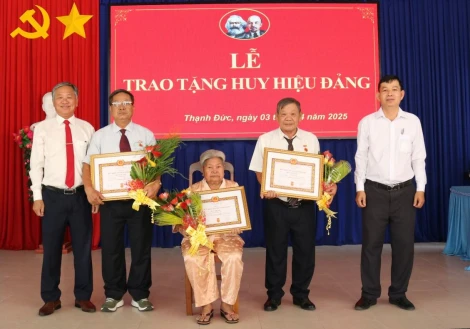
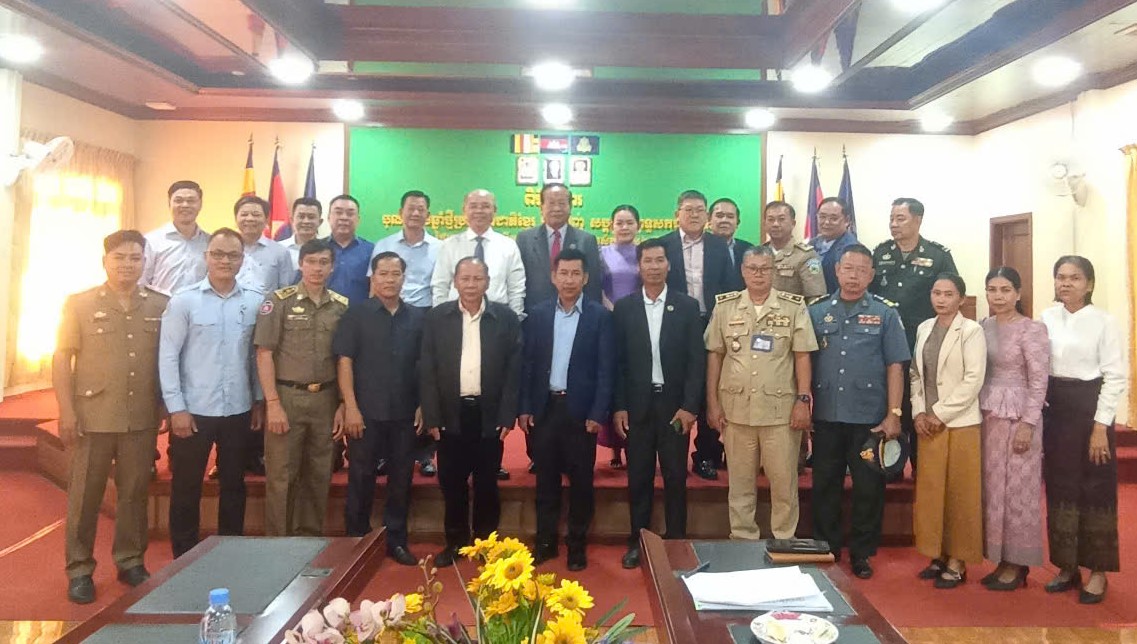
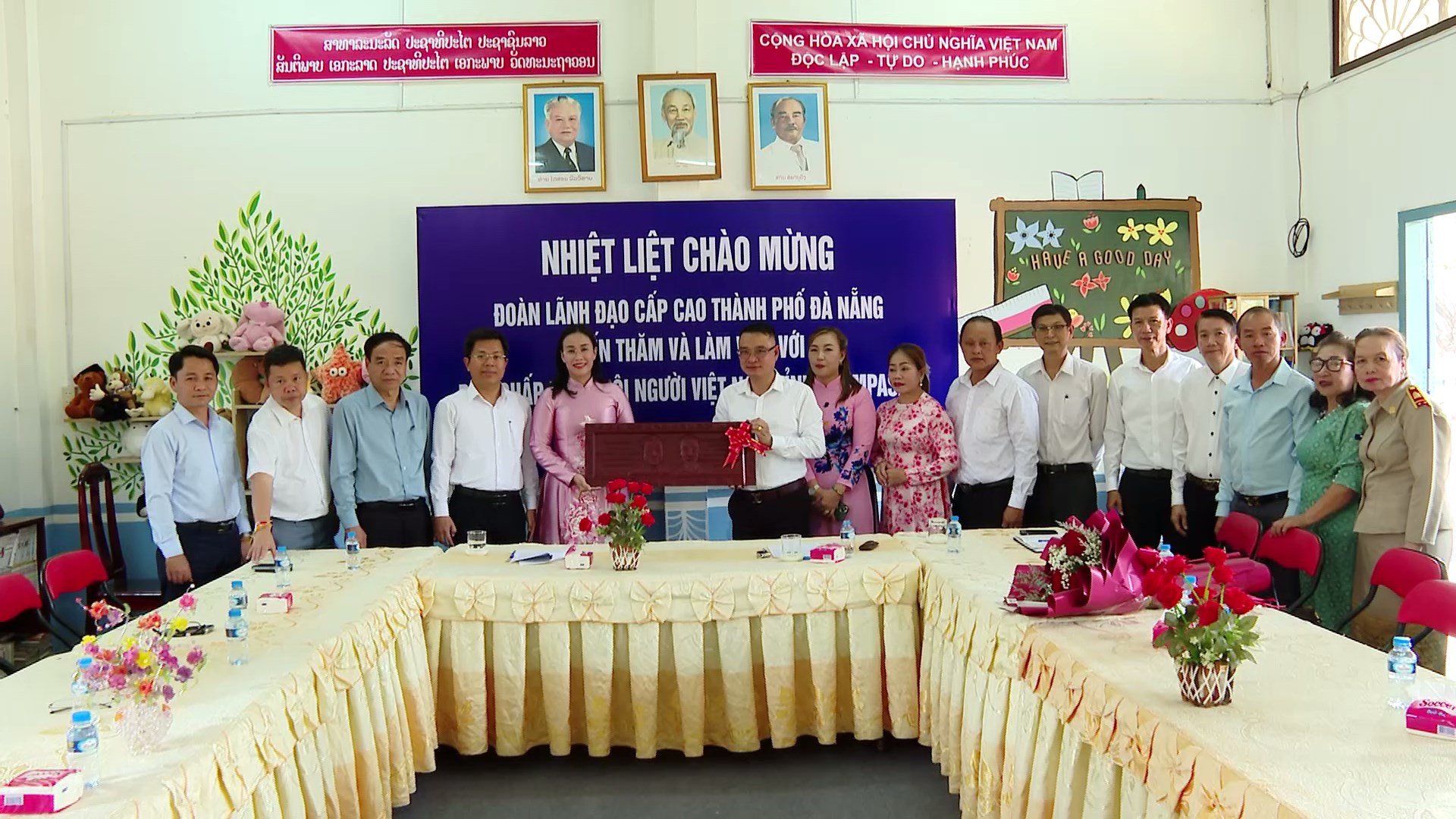












Comment (0)